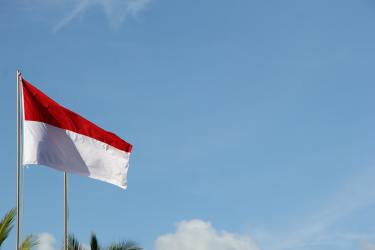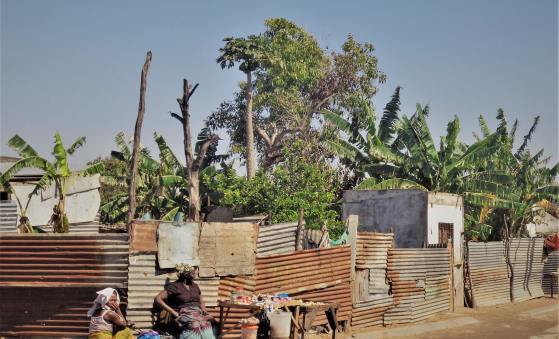
Hundreds of Muslims gathered in the Indonesian city of Palembang on October 14 to protest against the construction of a new Huria Kristen Batak Protestant (HKBP) church, arguing that the area is predominantly Muslim and therefore unsuitable for a Christian place of worship.
The protest took place in Jakabaring Sub-District, in South Sumatra Province, where demonstrators claimed that the land designated for the church belongs to the government and that there are no permanent Christian residents in the neighbourhood. Participants included residents and community leaders from three sub-districts, Jakabaring, Kertapati, and Seberang Ulu, as well as officials from the Indonesian Ulema Council (Majelis Ulama Indonesia, MUI).
Local leader H. Badaruddin, who heads the group opposing the church’s construction, told Disway.id that residents were united in rejecting the project. “The people living in that area are all Muslims,” he said. “We certainly have no problem if Christians are living there now, but we don’t agree with a church being built in a completely Muslim area.” He warned that demonstrators would stage a larger protest “to cancel the construction” if authorities ignored their objections.
Dely Ibrahim, a representative of the Indonesian Ulema Council for Seberang Ulu I, said the opposition stemmed from the area’s religious composition. “We hope the church’s construction won’t be imposed on us, as the majority of the population is Muslim,” he said. “We oppose the construction on behalf of clerics from the three sub-districts.”
Meanwhile, the protest coordinator, identified only as Heri, alleged that some residents’ signatures approving the church construction permit were obtained through bribery. “People were asked to sign documents without understanding what they were for,” he said. “Some were offered goods or money. If they had known it was for a church permit, they would have refused.” Heri added that those who signed were mostly temporary residents living in informal settlements.
Palembang Mayor Ratu Dewa urged calm, saying he was awaiting a full report before taking action. “The administrative process must first be completed at the grassroots level, both with the local community and the Interfaith Harmony Forum,” he said in remarks broadcast by PalTV. “Once this process is complete, I will review the report with the regional secretary and local authorities.”
Palembang, home to over 1.8 million residents across 18 sub-districts, has long faced challenges over church construction. The 2006 Joint Decree of the Minister of Religious Affairs and the Minister of Home Affairs requires churches to secure written approval from at least 60 local residents and proof of 90 members, along with recommendations from government and interfaith bodies, conditions that are frequently used by hardline groups to block new church projects.
A political observer told Morning Star News that such disputes have become routine. “Church construction in Indonesia never proceeds without disruption,” he said. “The regulations give intolerant groups an opening to object and delay the process indefinitely.”
Bonar Tigor Naipospos, deputy chairman of the Setara Institute for Democracy and Peace, added that corruption and extortion often accompany these disputes. “When churches collect signatures from residents, local mass organisations sometimes demand money or insist on controlling parking areas,” he said. “Some continue to collect money from churches every month under various pretexts.”
Indonesia, the world’s largest Muslim-majority nation, has become increasingly conservative in recent years. Christian groups, particularly those engaged in evangelistic work, remain vulnerable to harassment and violence from Islamic extremist organisations, according to Open Doors, which lists Indonesia among the countries where Christians face growing pressure for their faith.
Adapted from Morning Star News.




